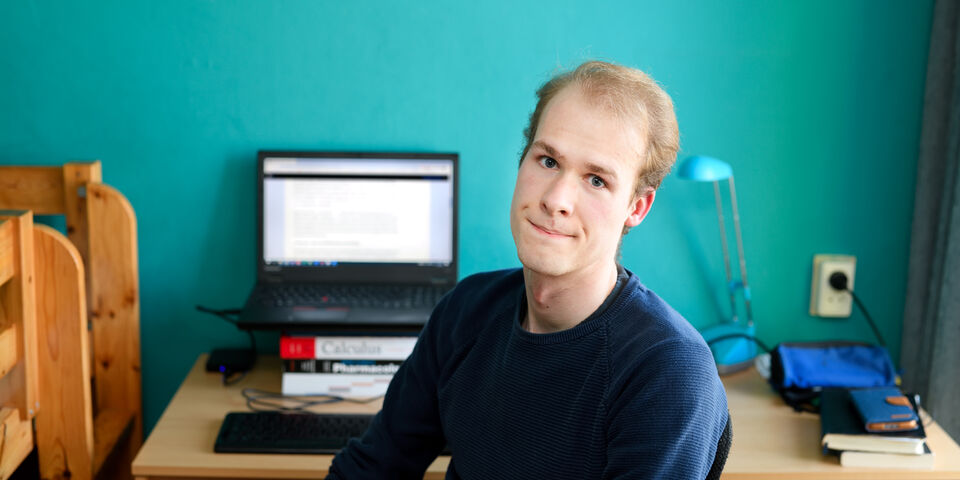Doctoral blues
I’ve now arrived at the final phase of my Master’s program: graduating. After five years, it’s going to come down to that all-important question – what on earth am I going to do next? My first, unequivocal answer is “to study for a doctorate,” but I’m held back by a seemingly impenetrable cloud of negativity surrounding doctoral research. Worst of all, it’s the PhD candidates themselves who are responsible for most of that negativity. And that’s a bad sign.
It starts with the typical, persistent prejudices: working under high pressure for four years without getting paid much, in exchange for the slightest bit of hyper-specific expert knowledge. But perhaps these aren’t the biggest problems (presumably no one decides to study for a doctorate because of the money or the comfortable office hours). I’ve noticed that the PhD candidates with whom I share an office in Nijmegen suffer from a huge amount of uncertainty and “doctoral blues.”
That uncertainty is about the future. What will they do after their four-year period is up? Are they going to finish in time? If you want to stress out a PhD candidate, all you need to do to is ask two simple questions: “How much time do you actually have left?” and “How much articles have you written by now?” It’s as if you point out the large boulder that comes hurtling behind them. There is a real chance that you won’t finish the work within the nominal four years and that you will a) finish everything without pay while eating into your savings, b) look for a job and finish the work late in the evening after you return from your job, or c) say goodbye to everything and leave without a degree.
The blues is about, especially among people who are almost finished, “I wish I were faster,” “four years pass by quite fast,” or “I wish I had a permanent position after this.” As far as the latter issue is concerned, there is much to be said about the academic community and the advancement of PhD candidates to tenure. A postdoc once described the academic system to me as a pyramid scheme in which everyone looks upwards with jealousy and hope towards the next level, where there’s even less space. Meanwhile, the professors sit comfortably on the top level, without any incentive to give up their chair. This could easily deter people from even starting with a PhD program.
It is clear though that the PhD students I talk to generally enjoy their work and their research. It’s almost like a marriage: with ups and downs, sunshine and rain, and the occasional downpour when you come across a bug that renders six months of research useless. All of this seems like a good enough reason for me to start with a PhD program.


Discussion